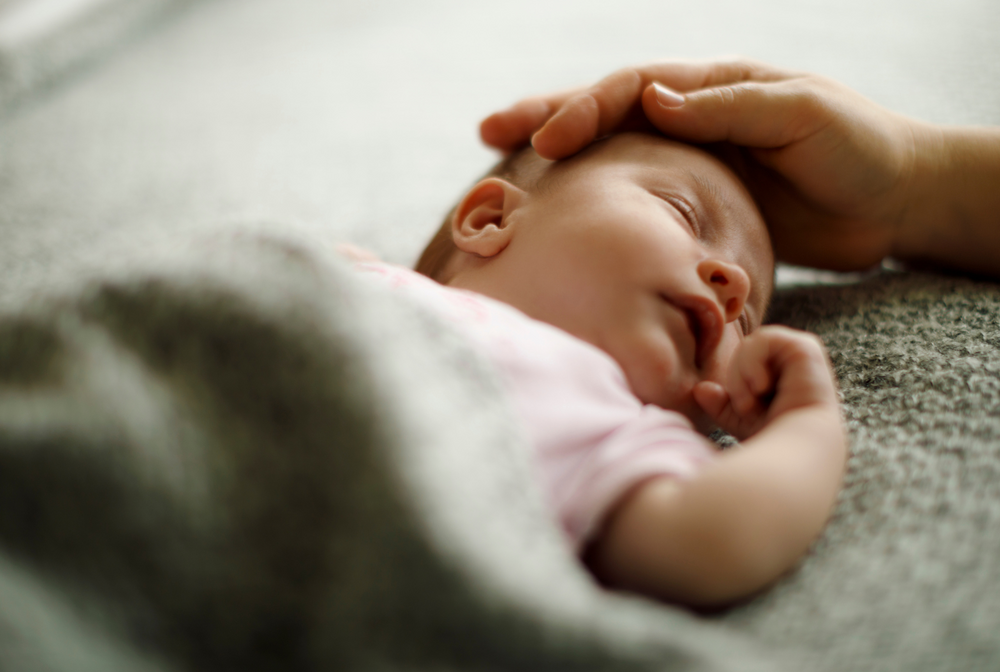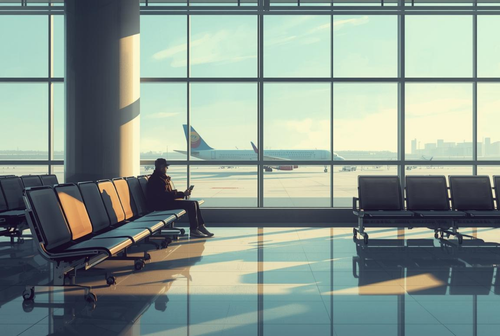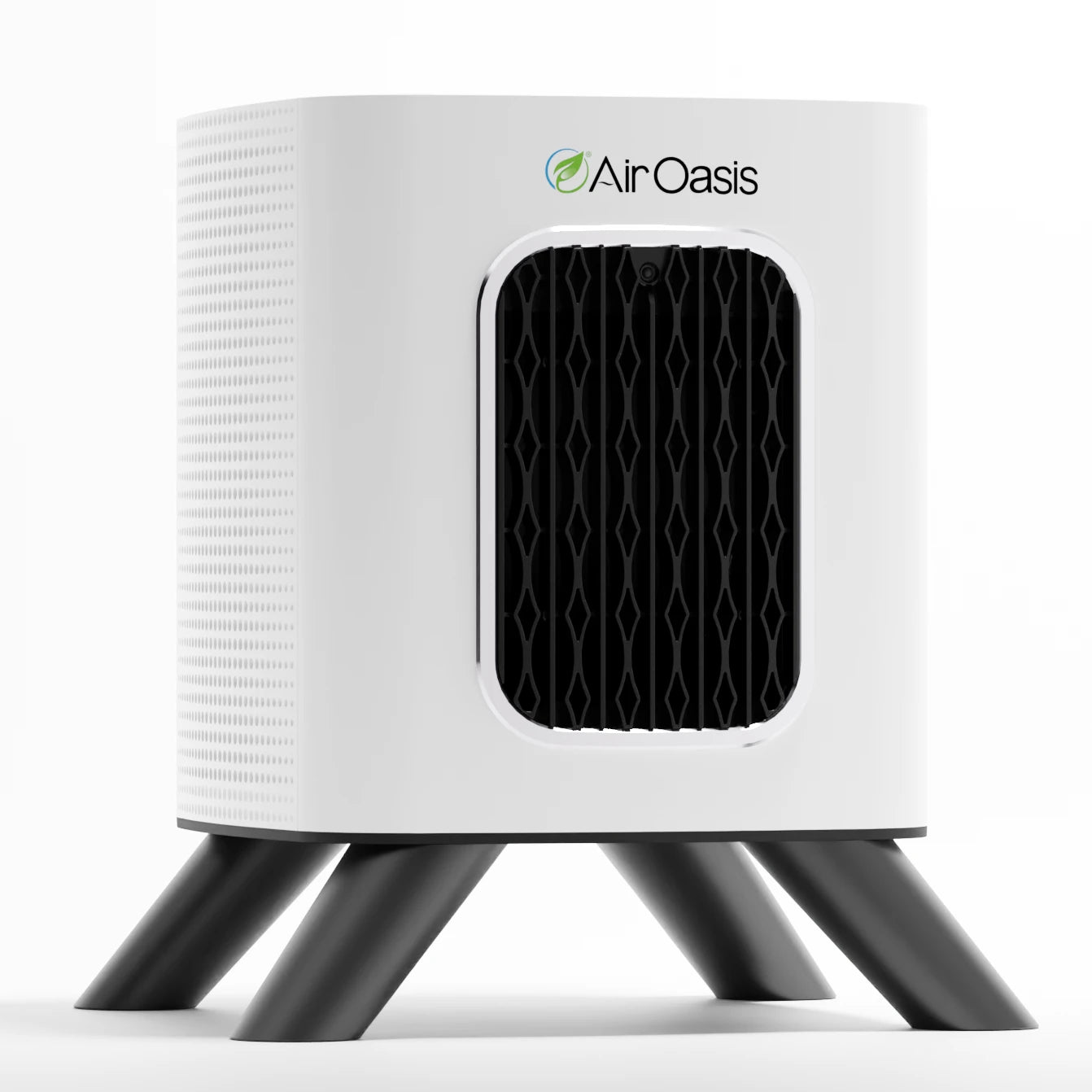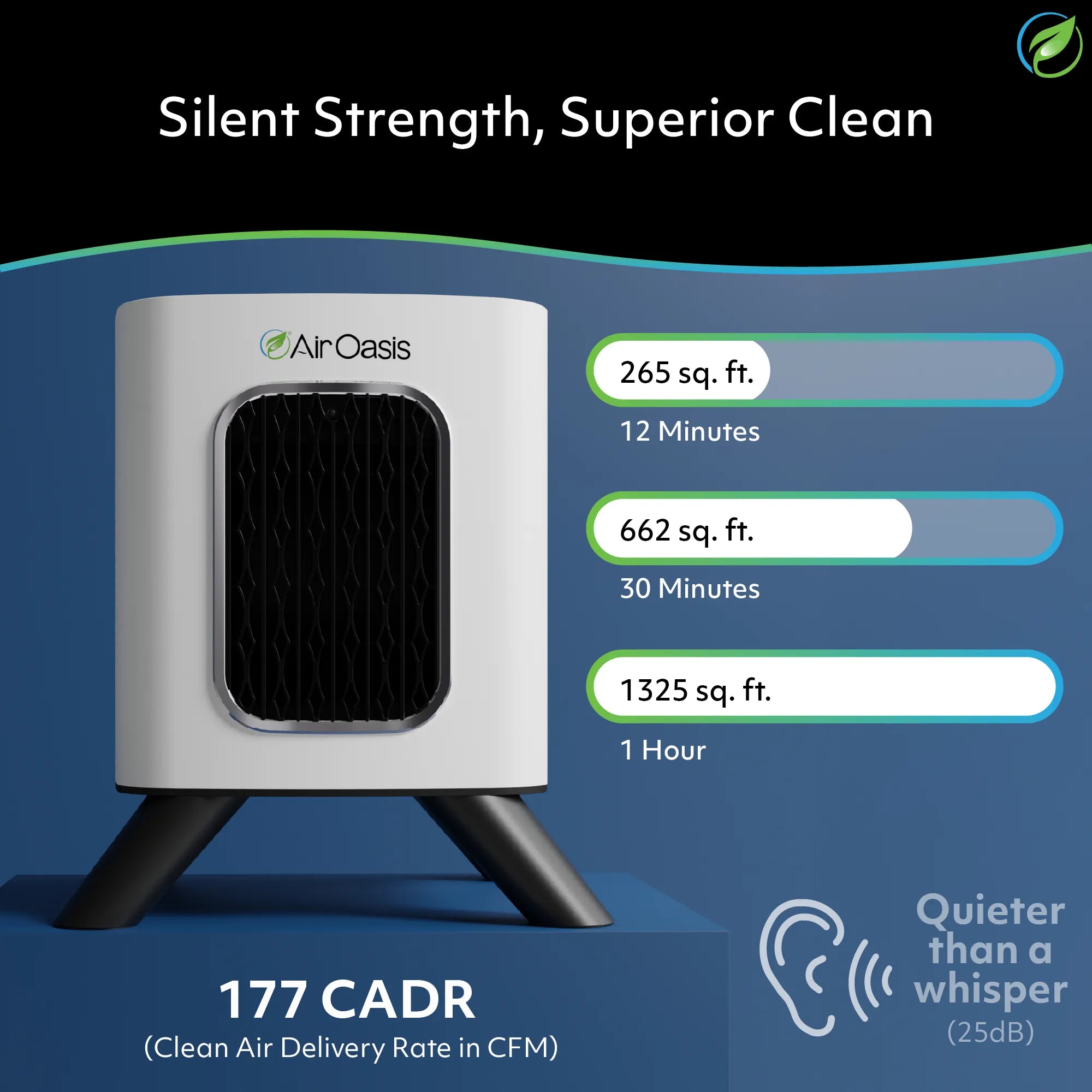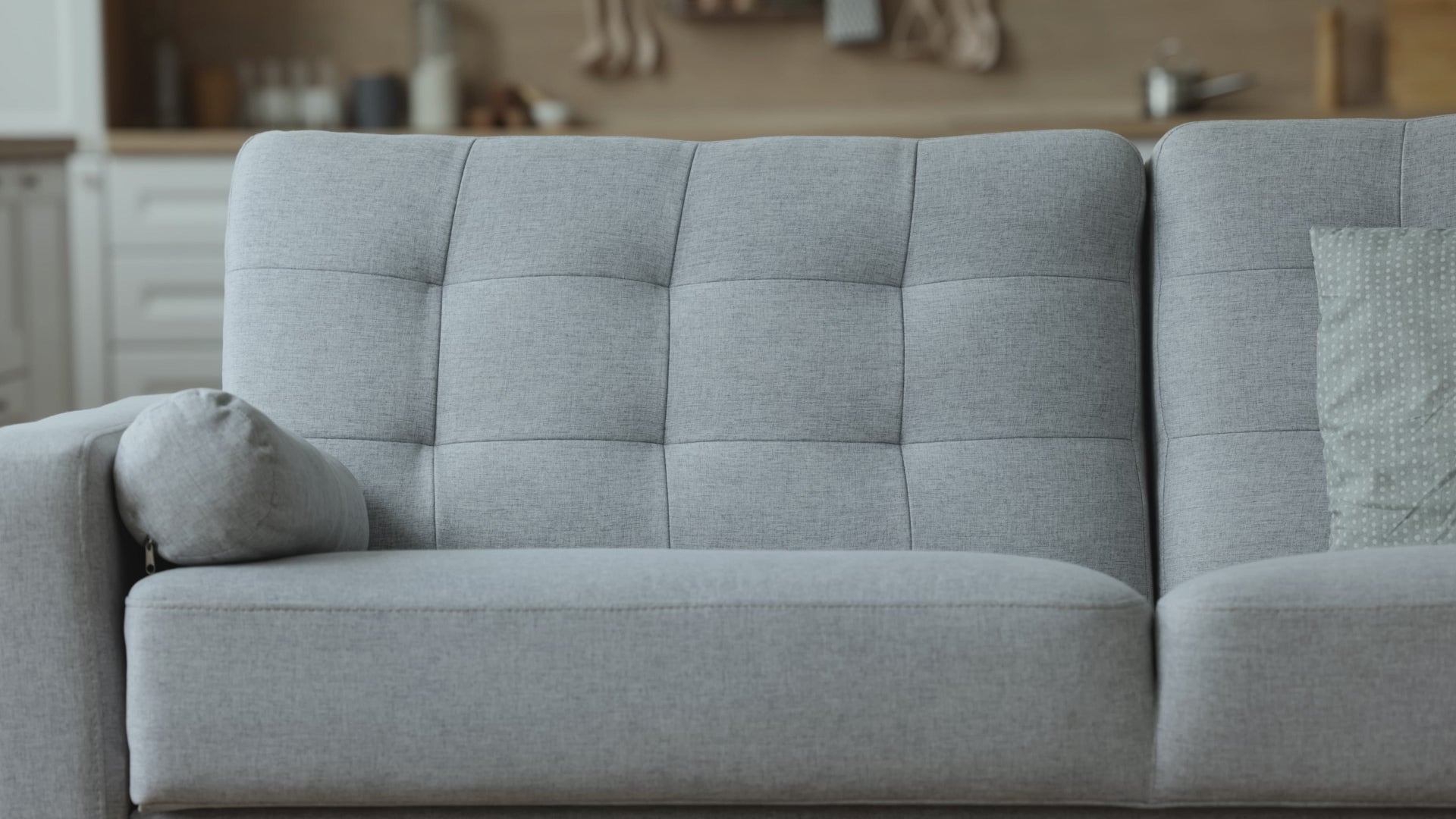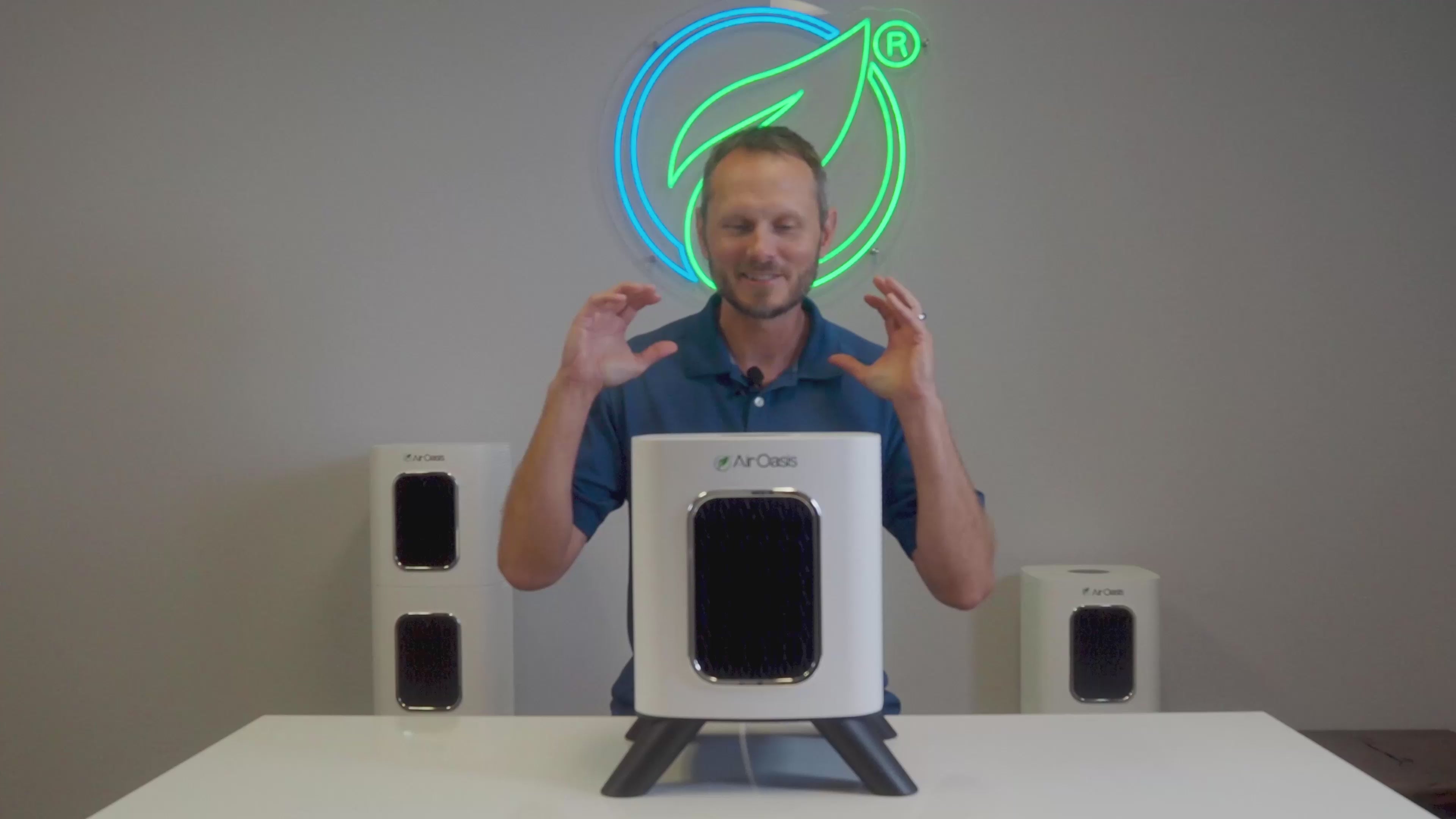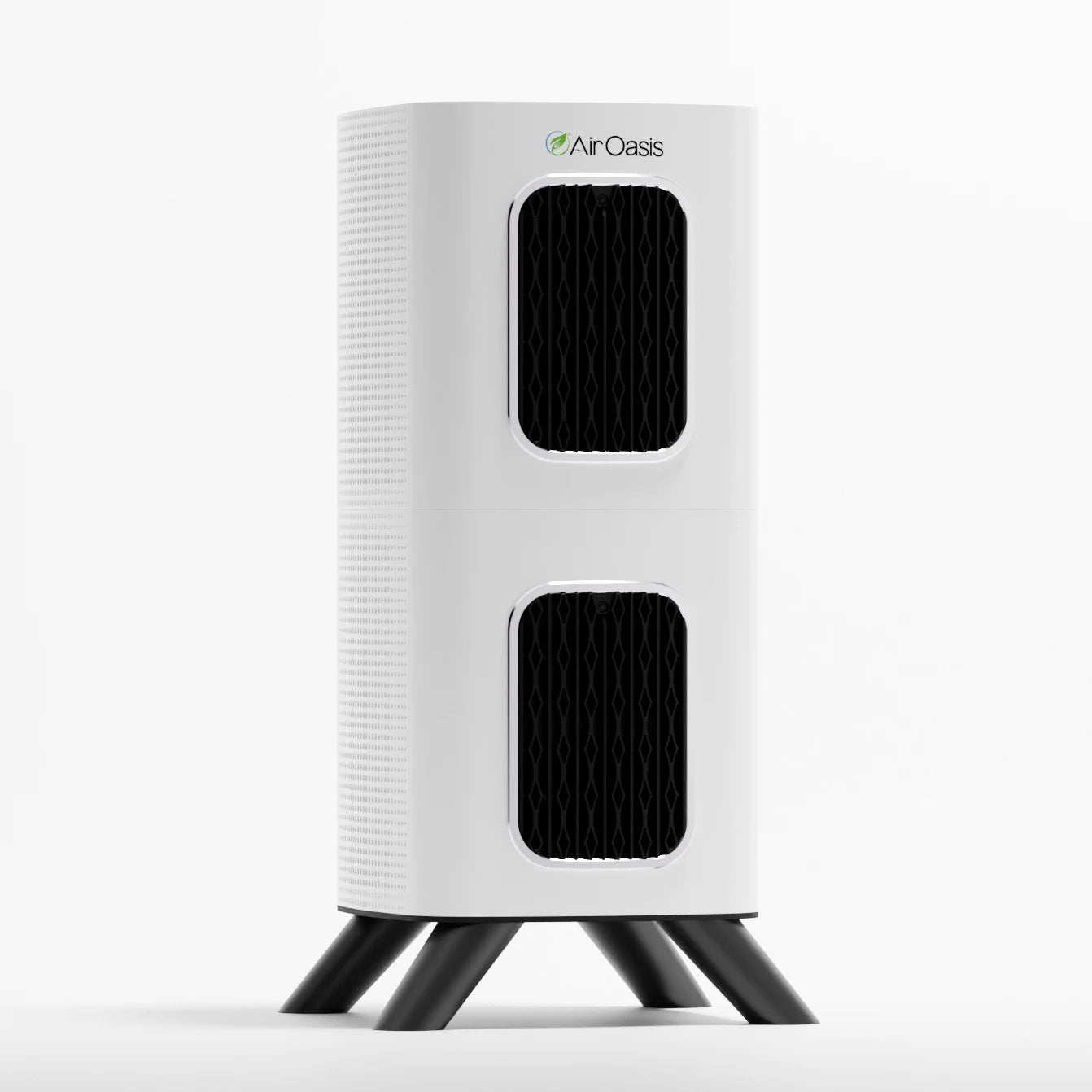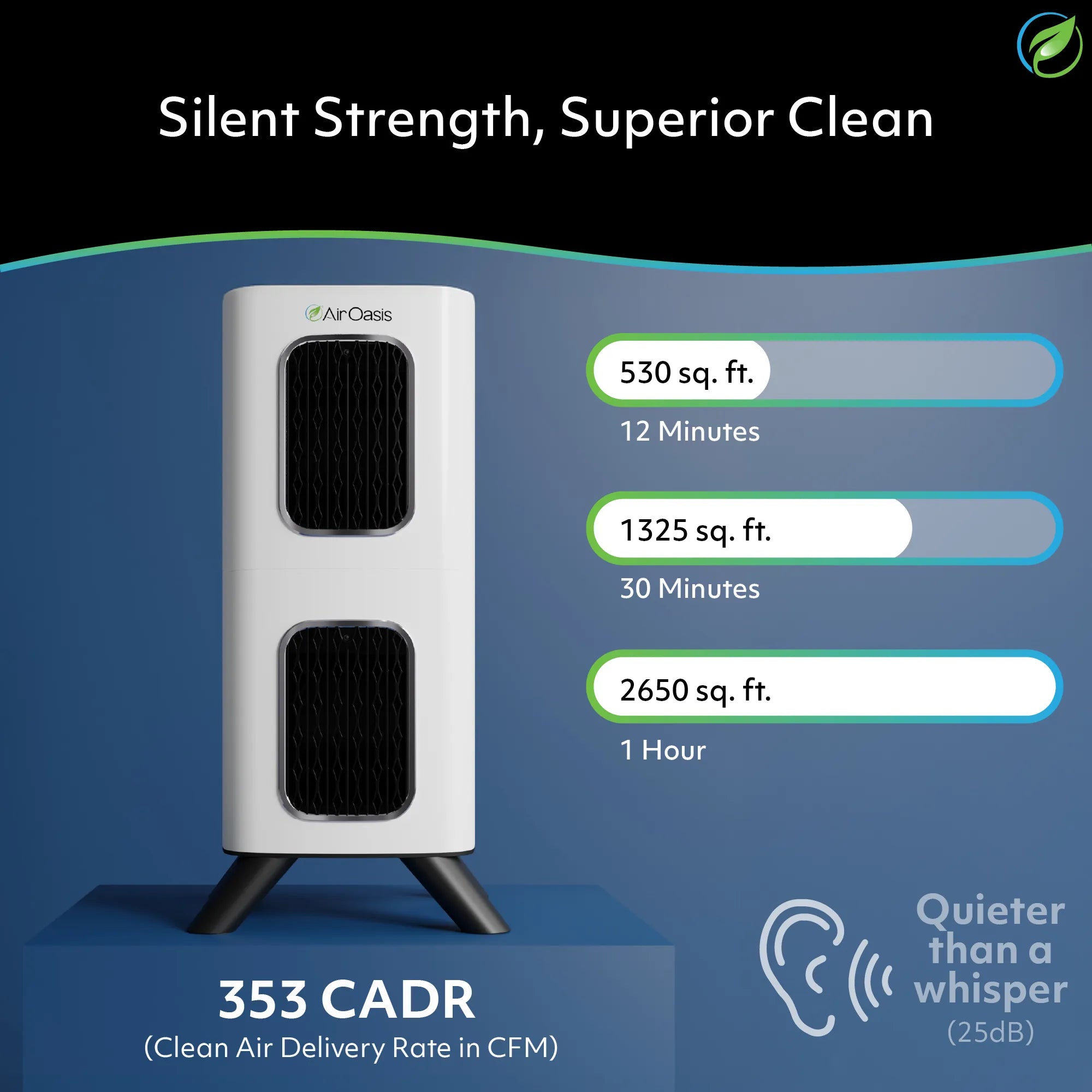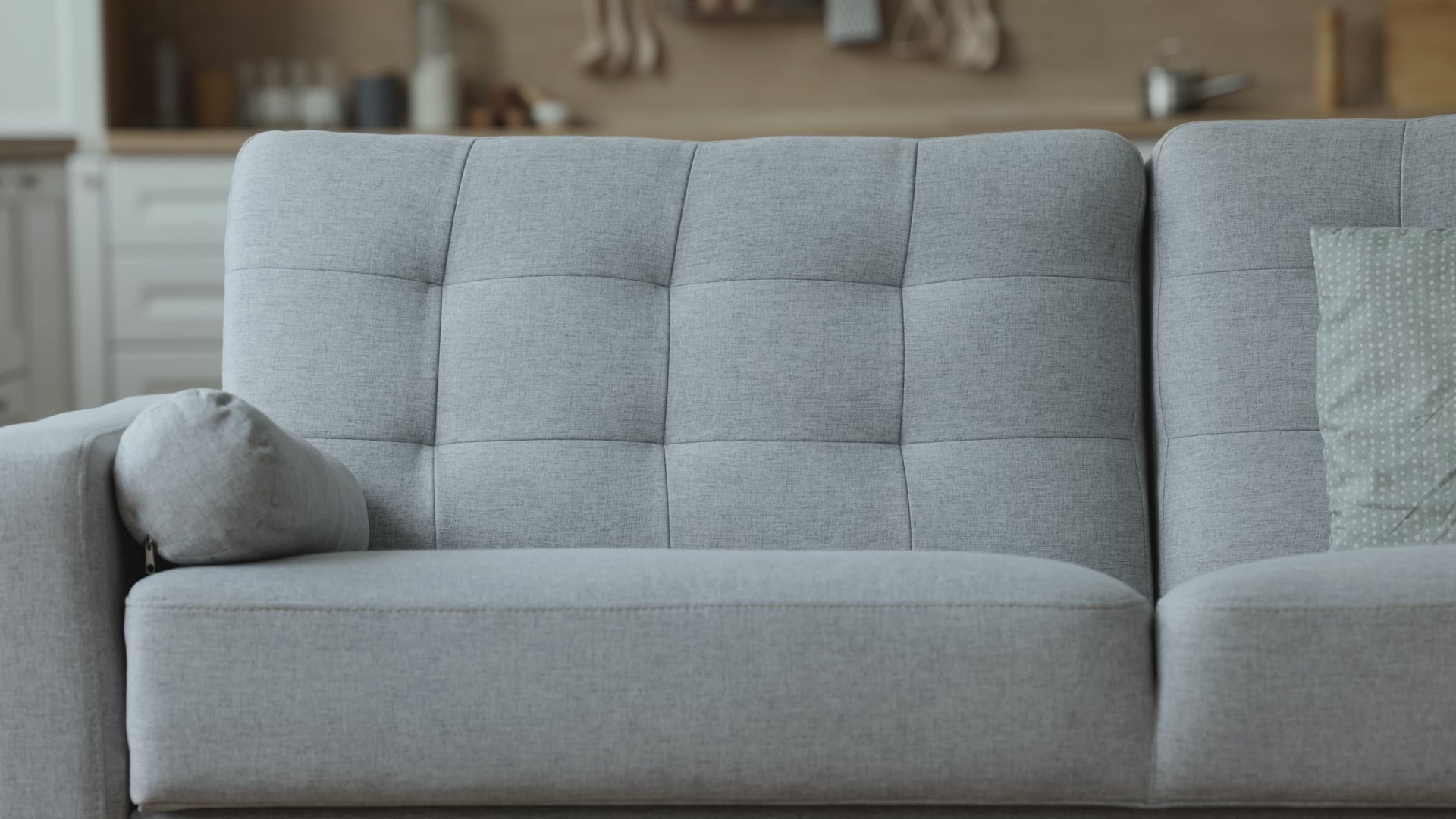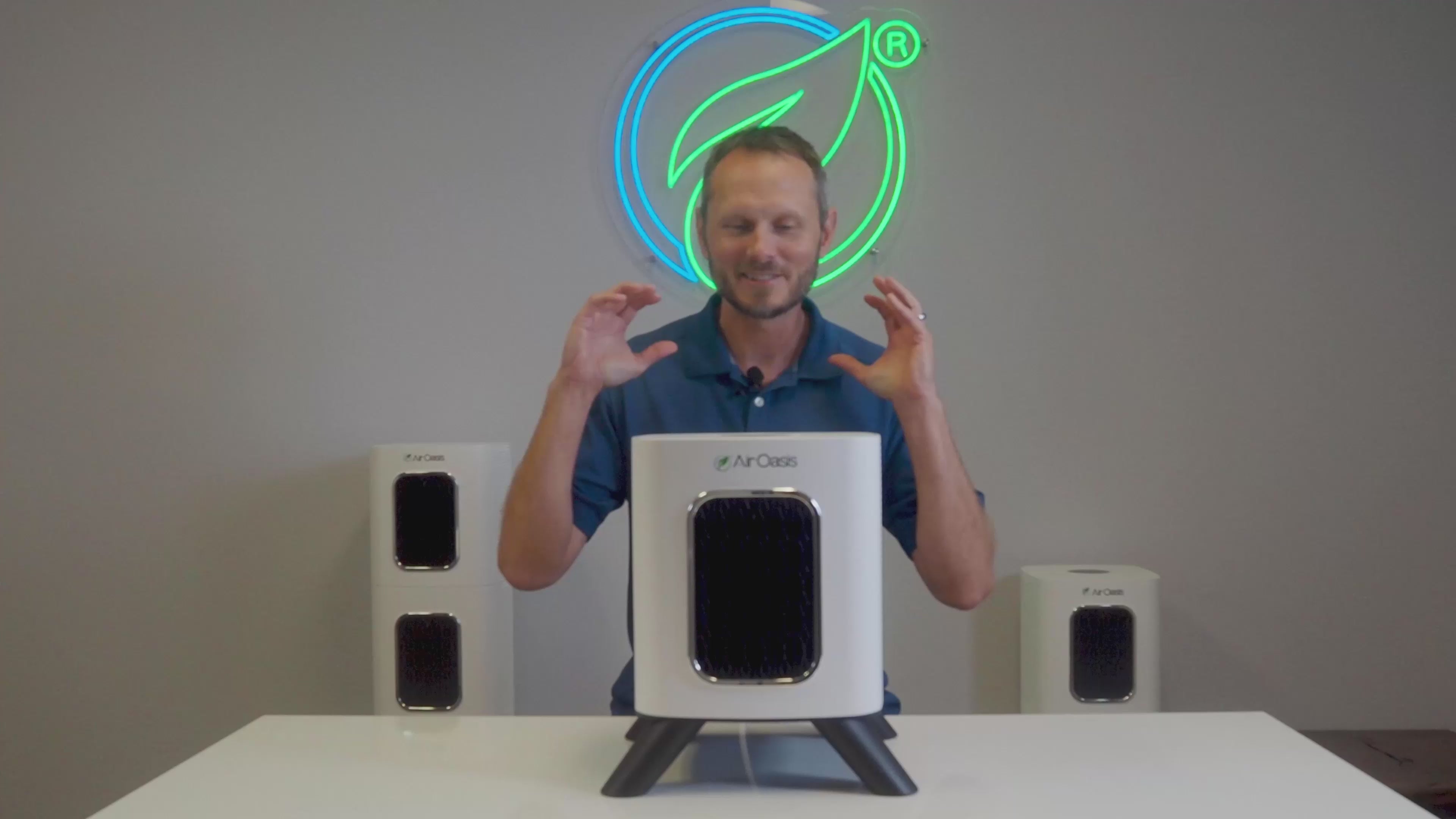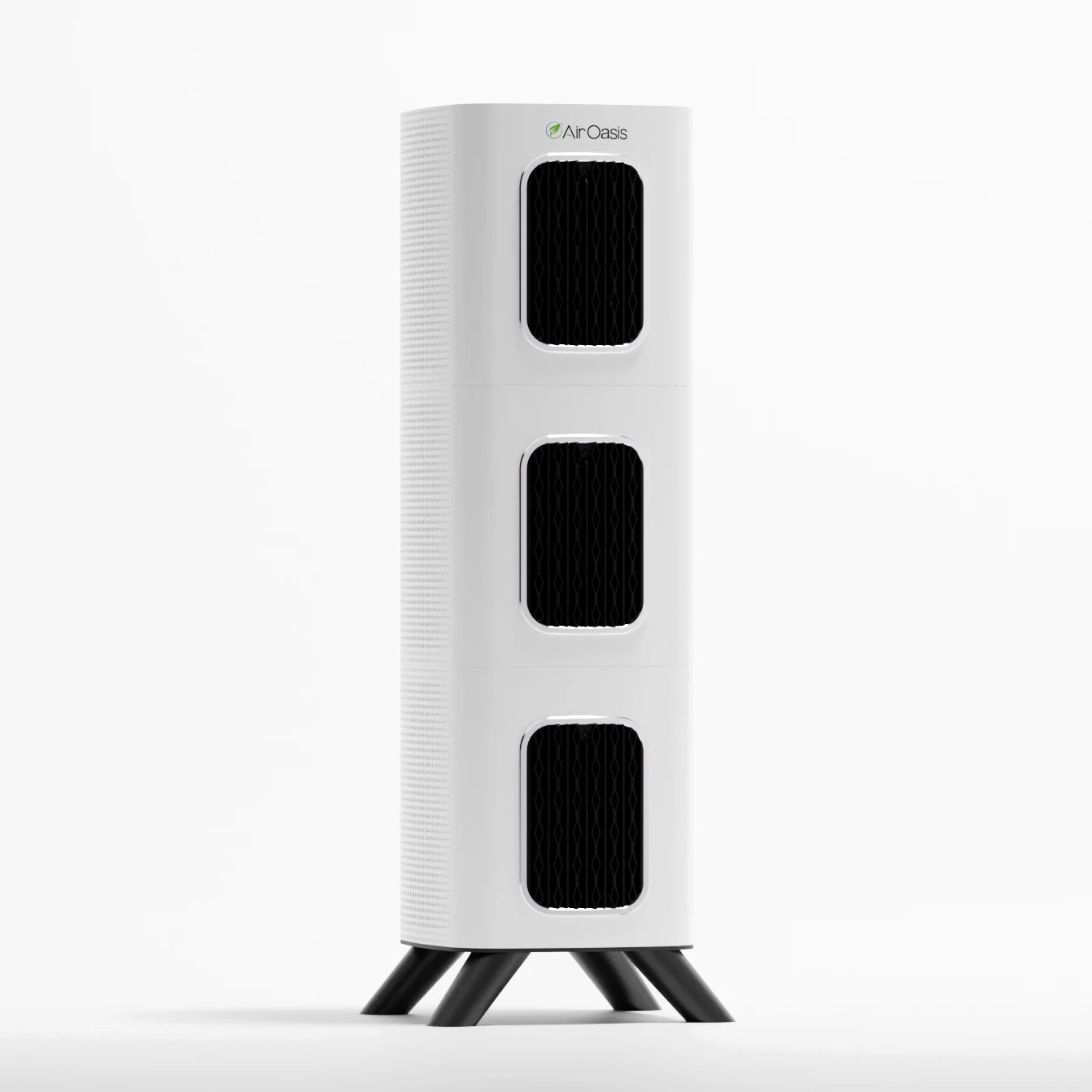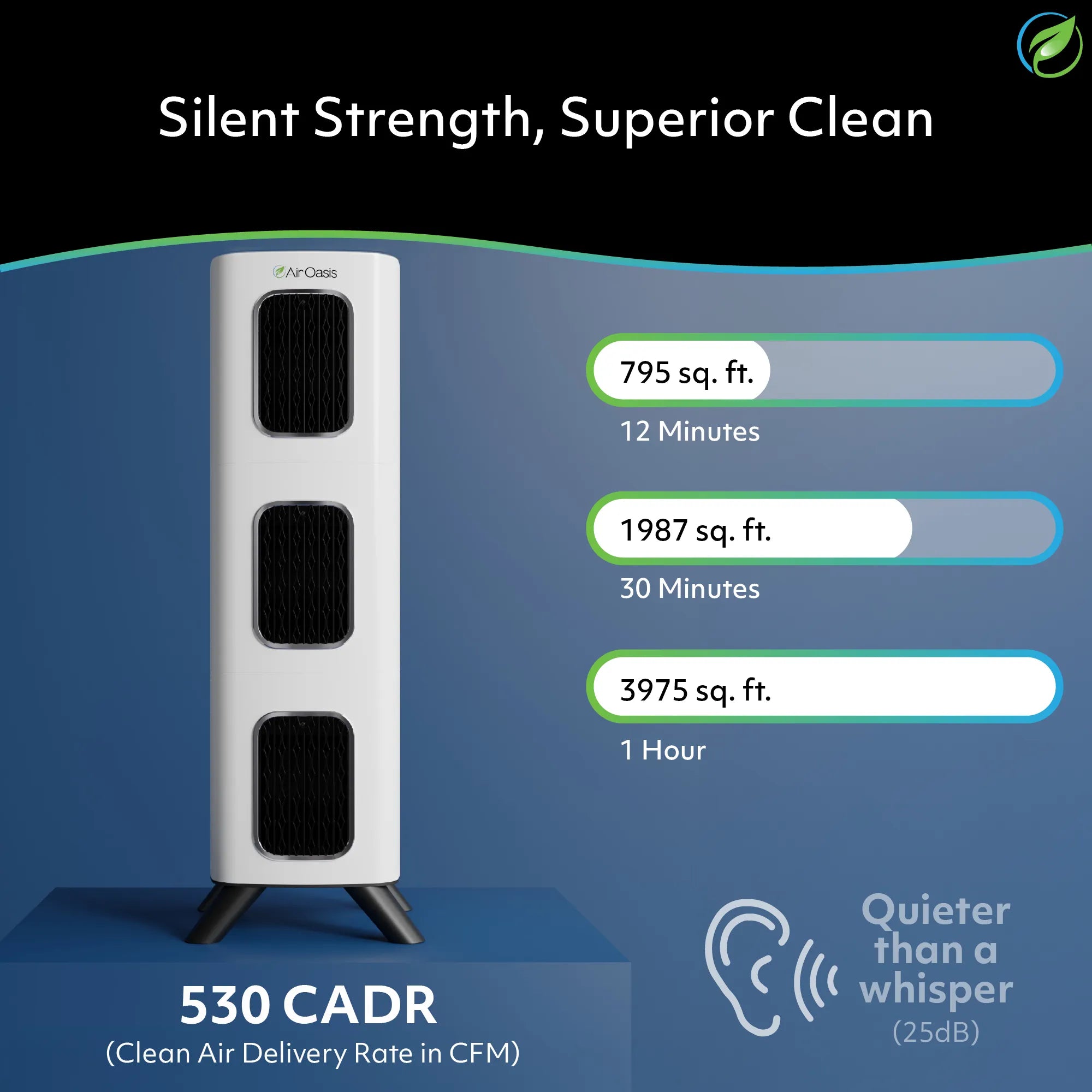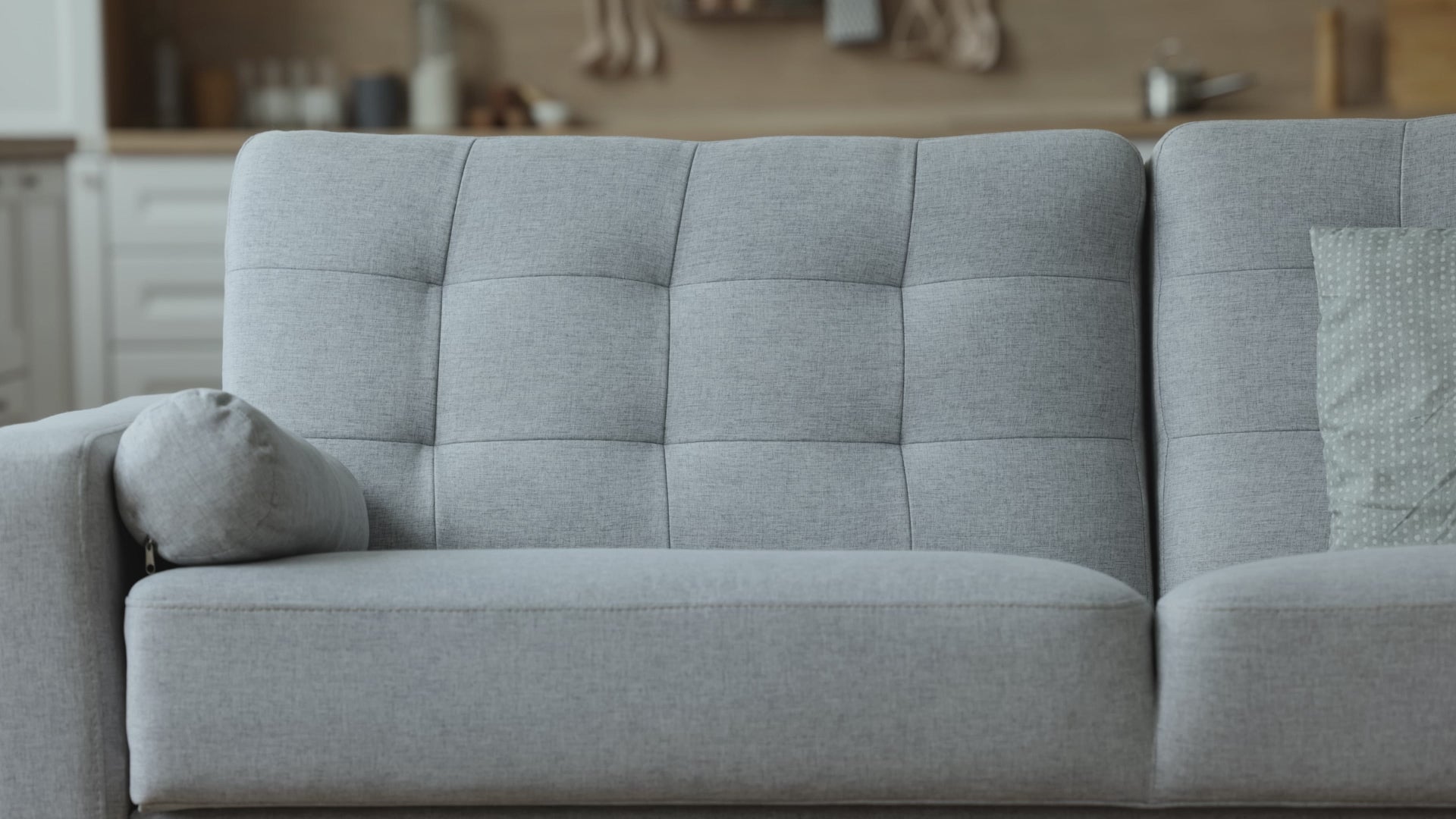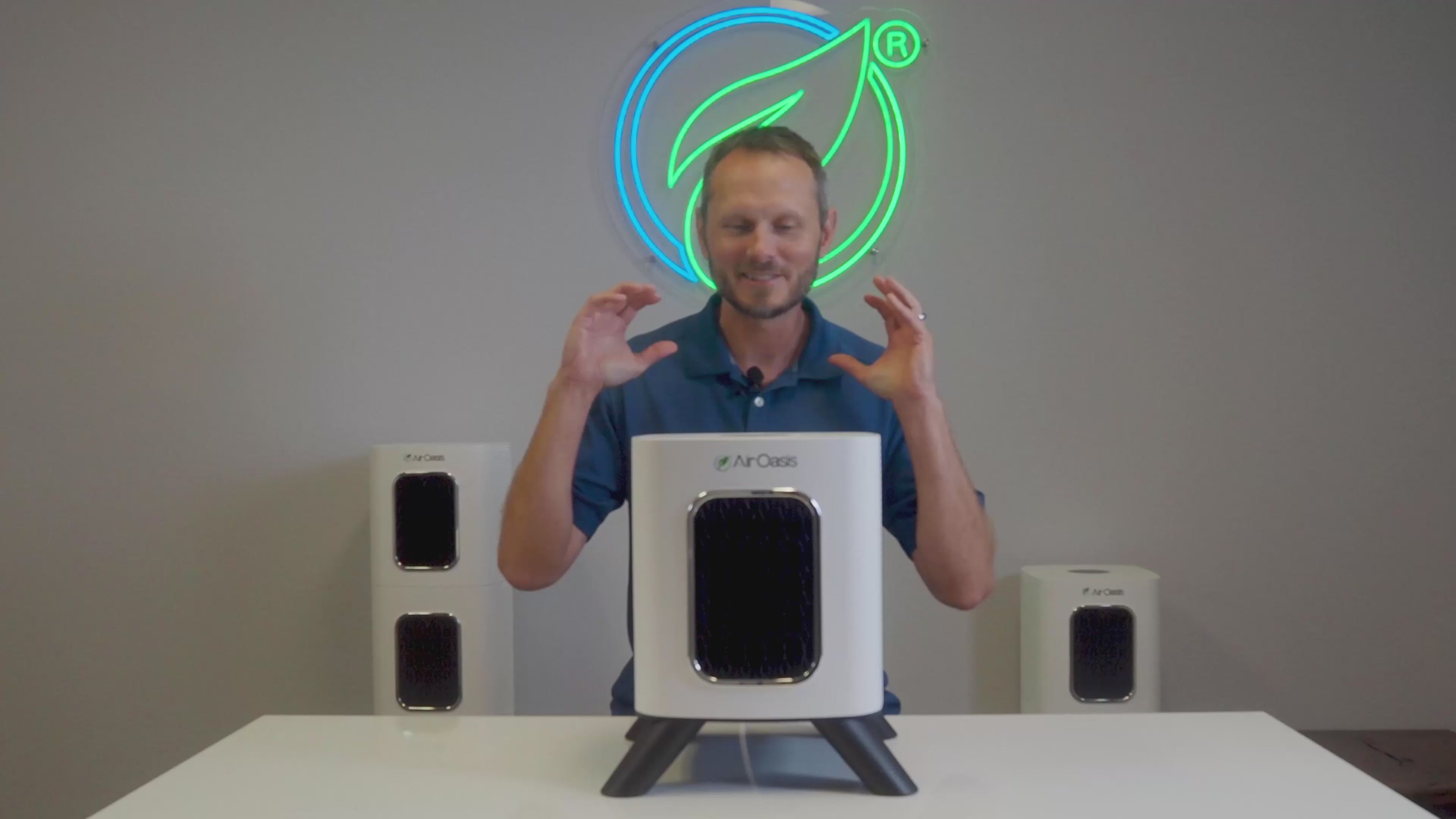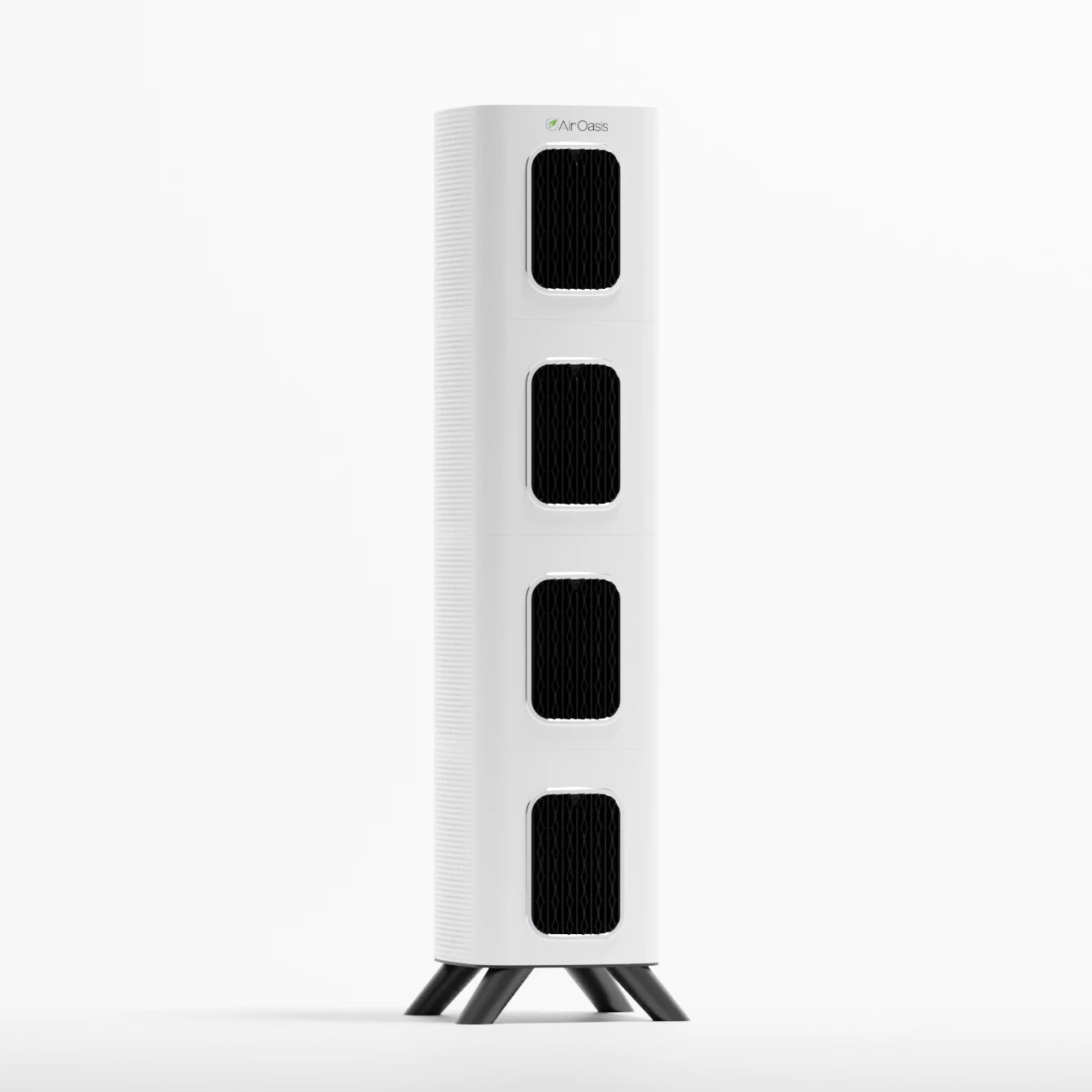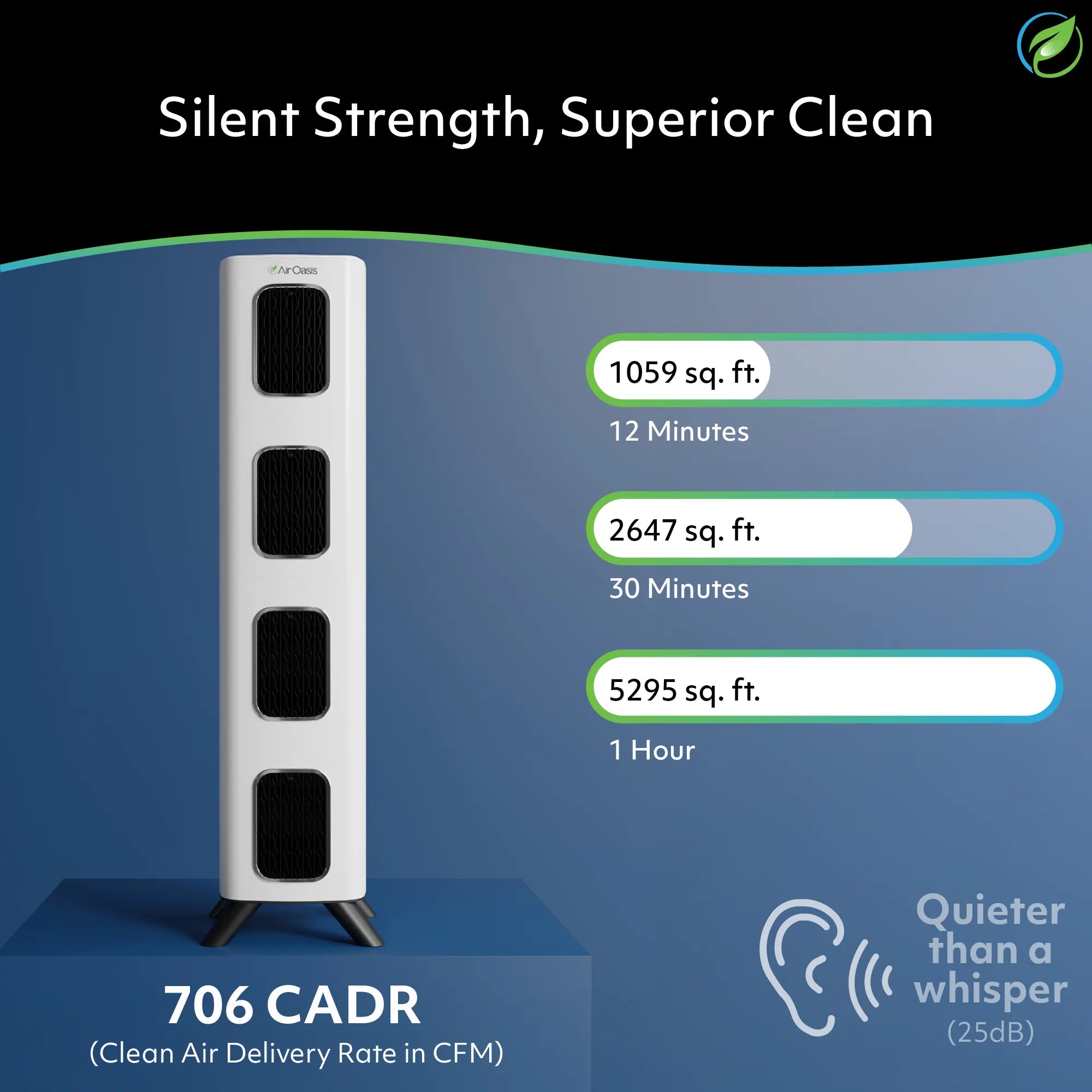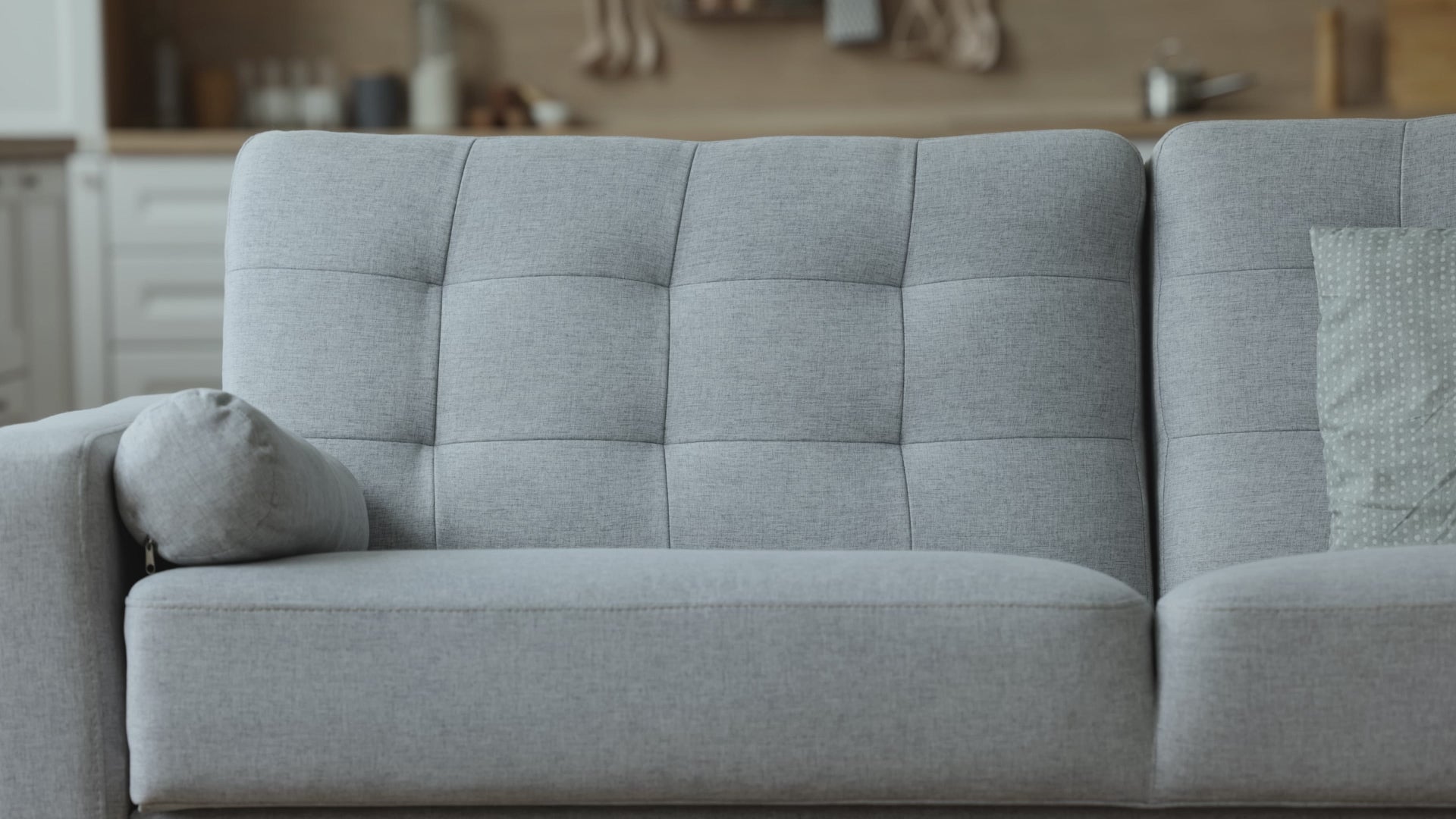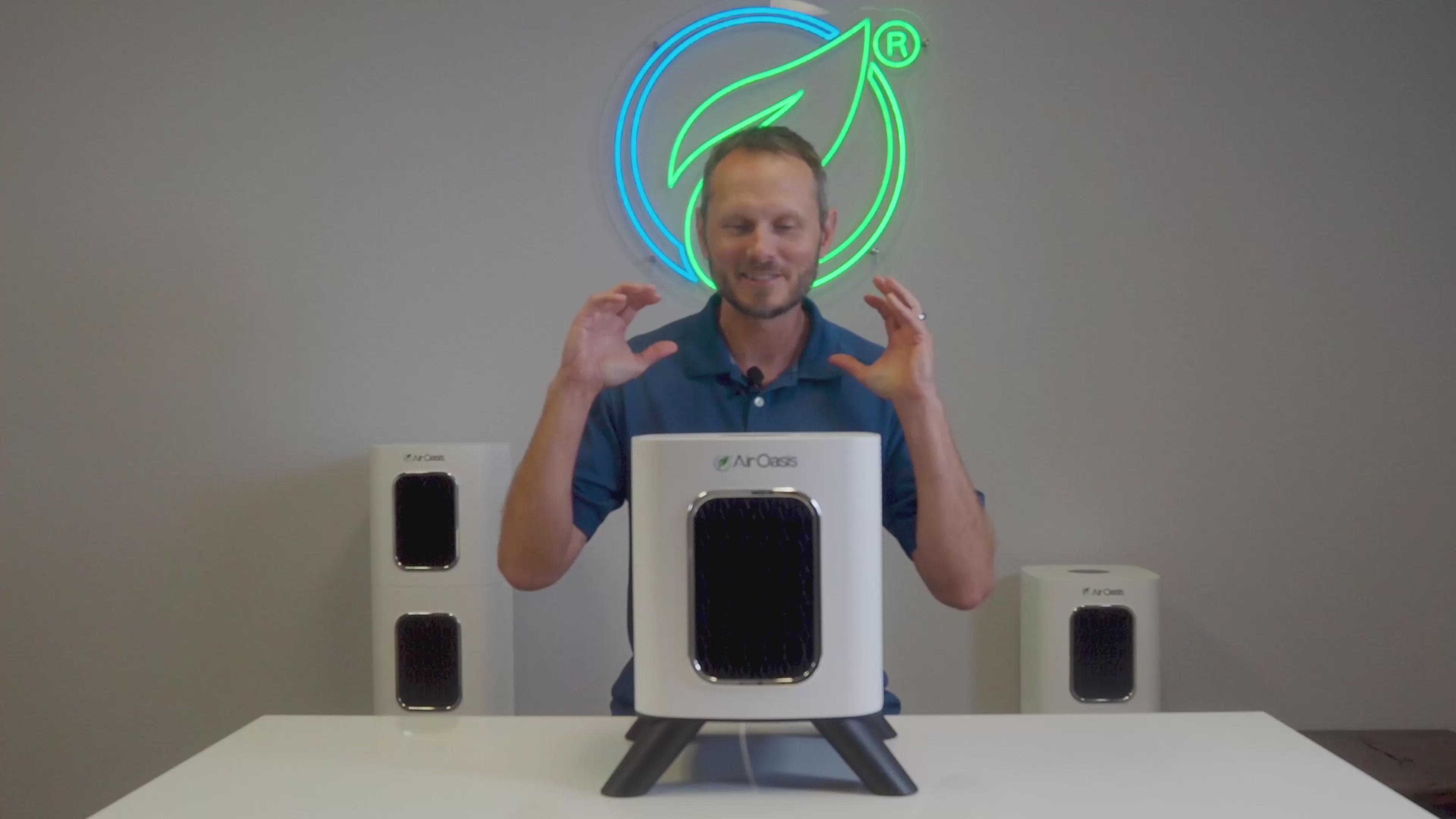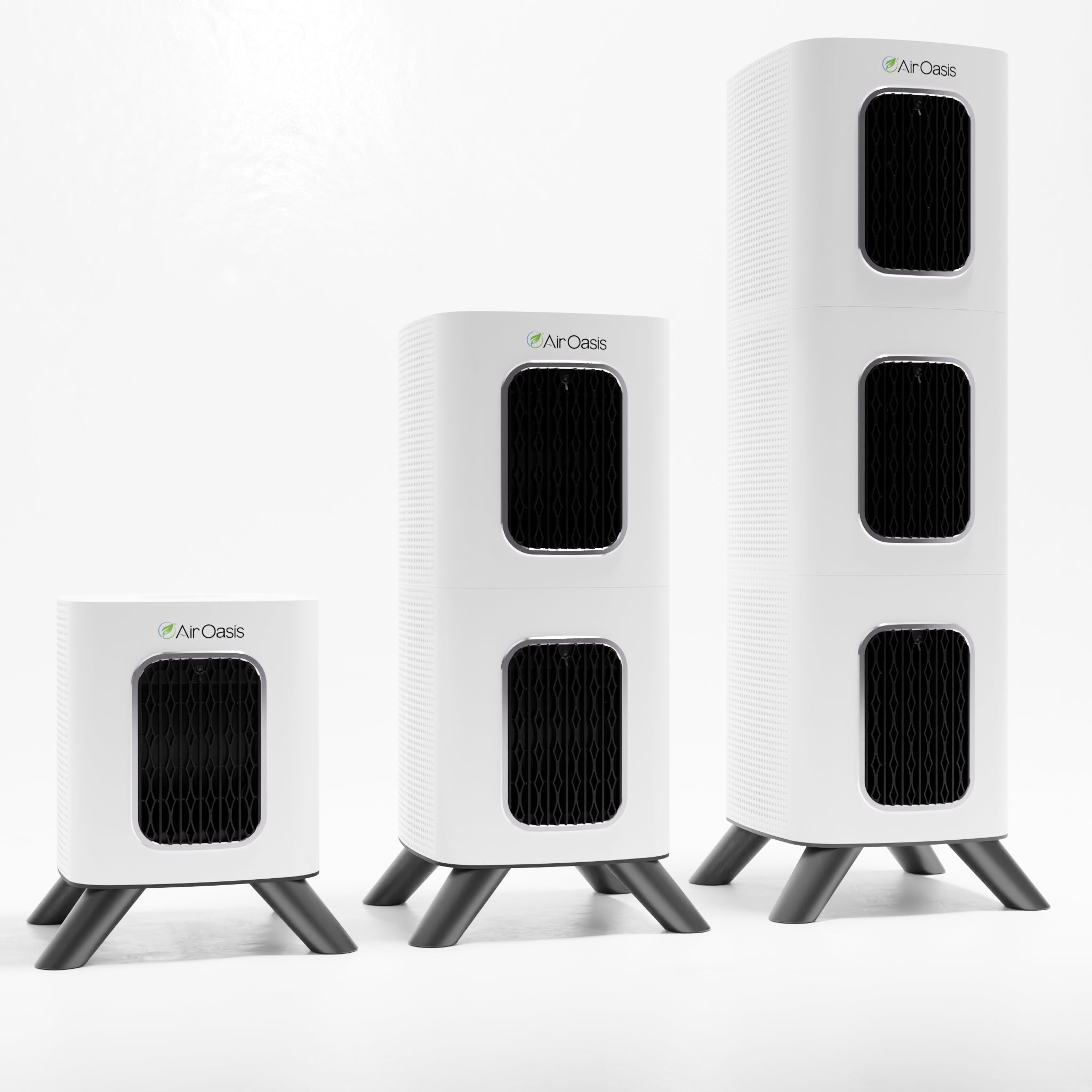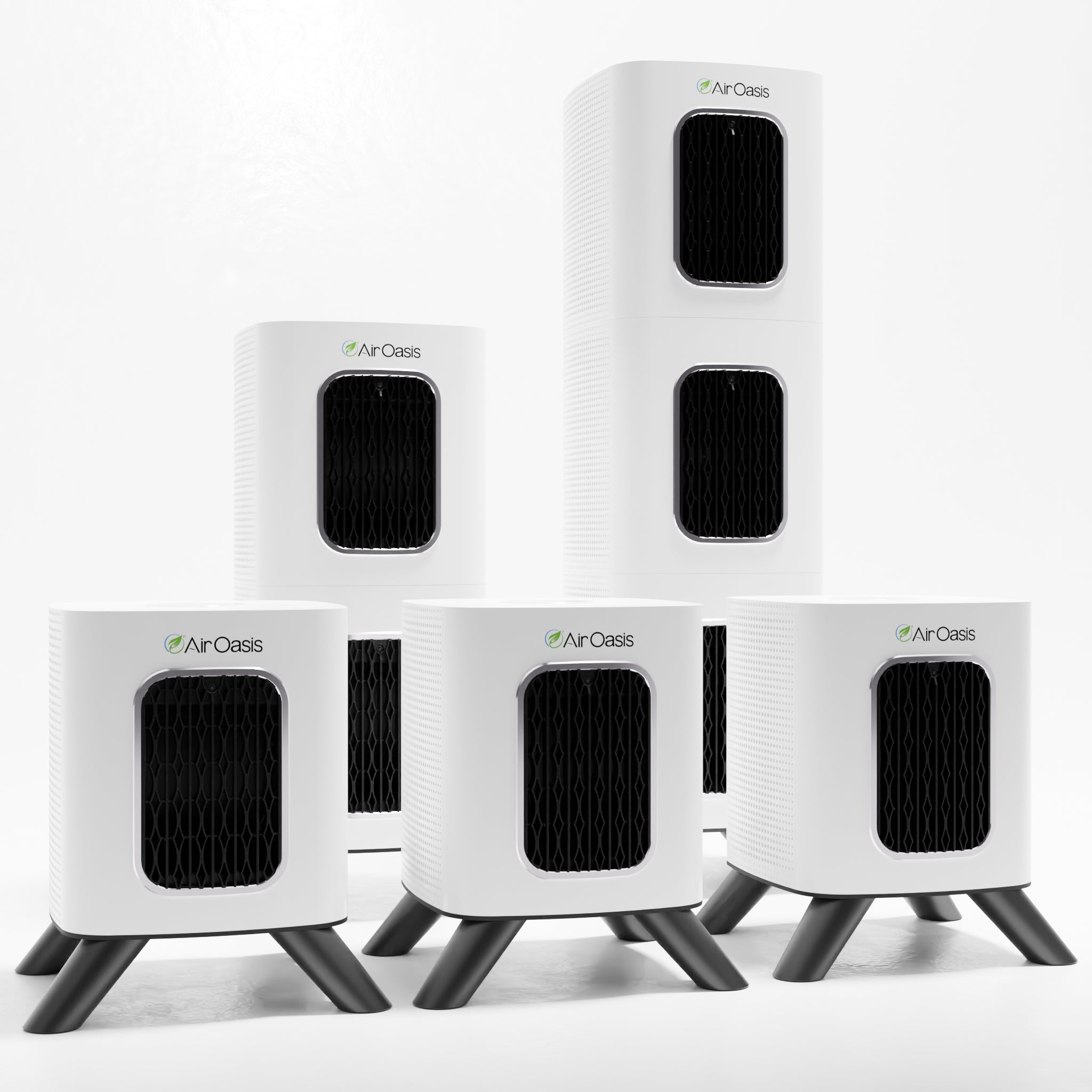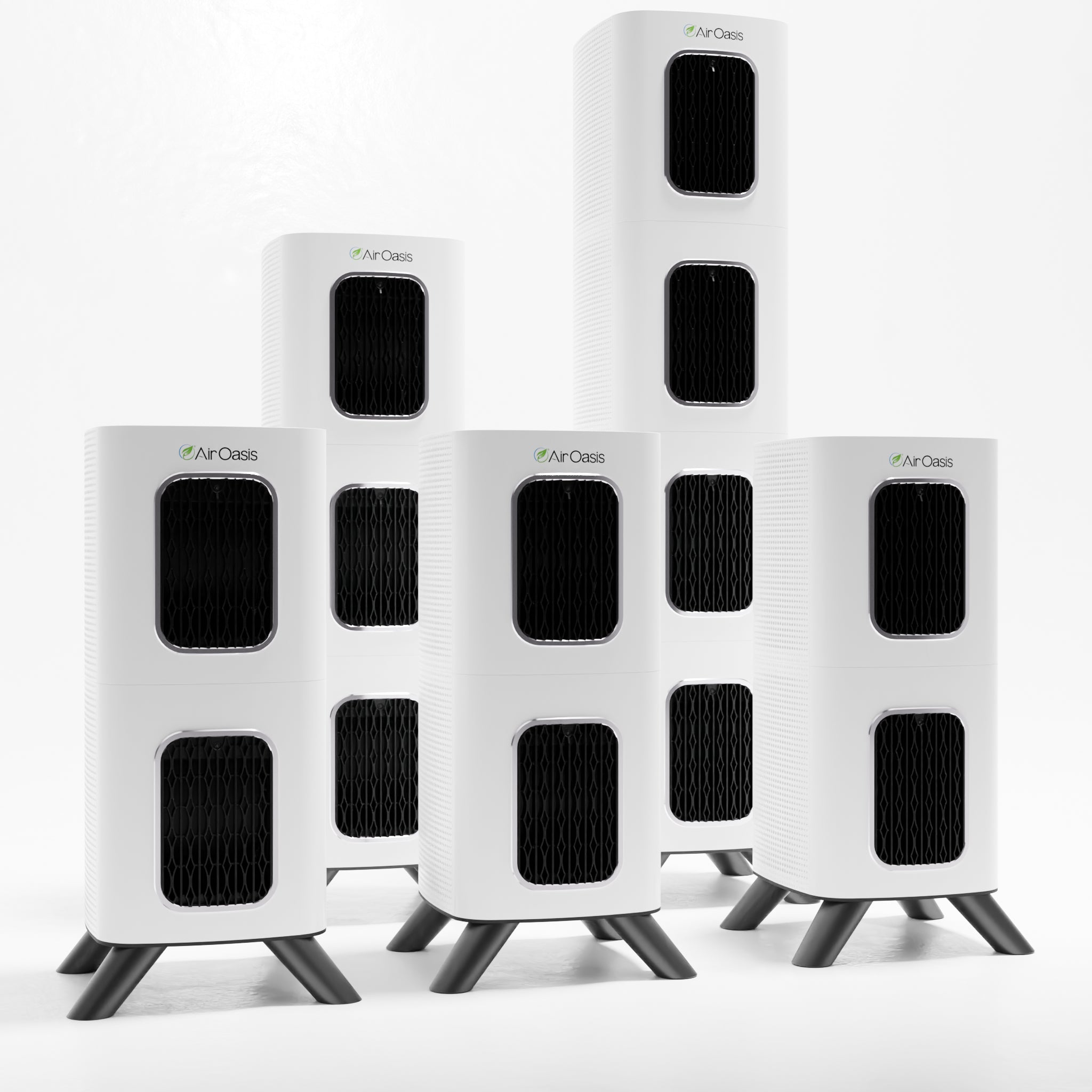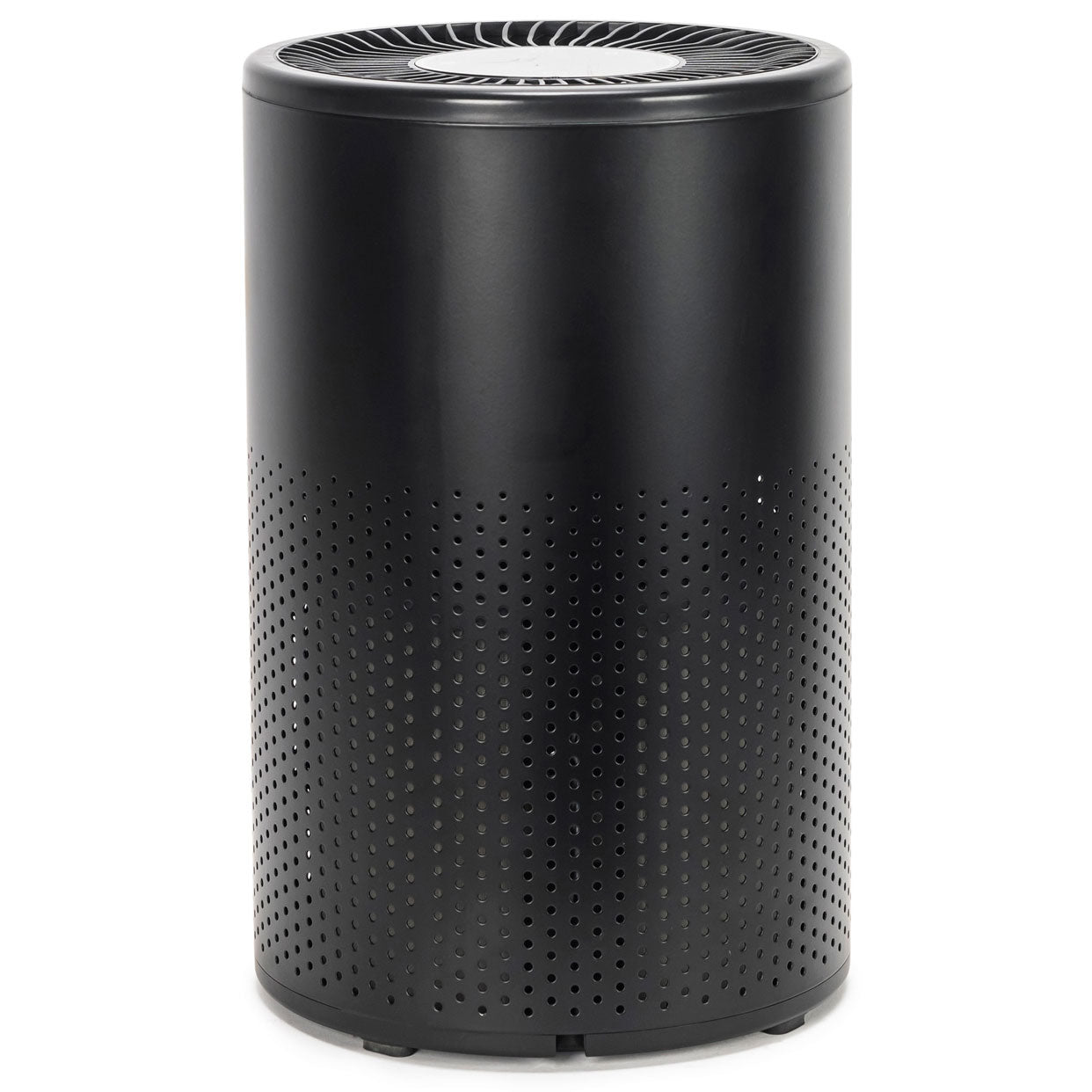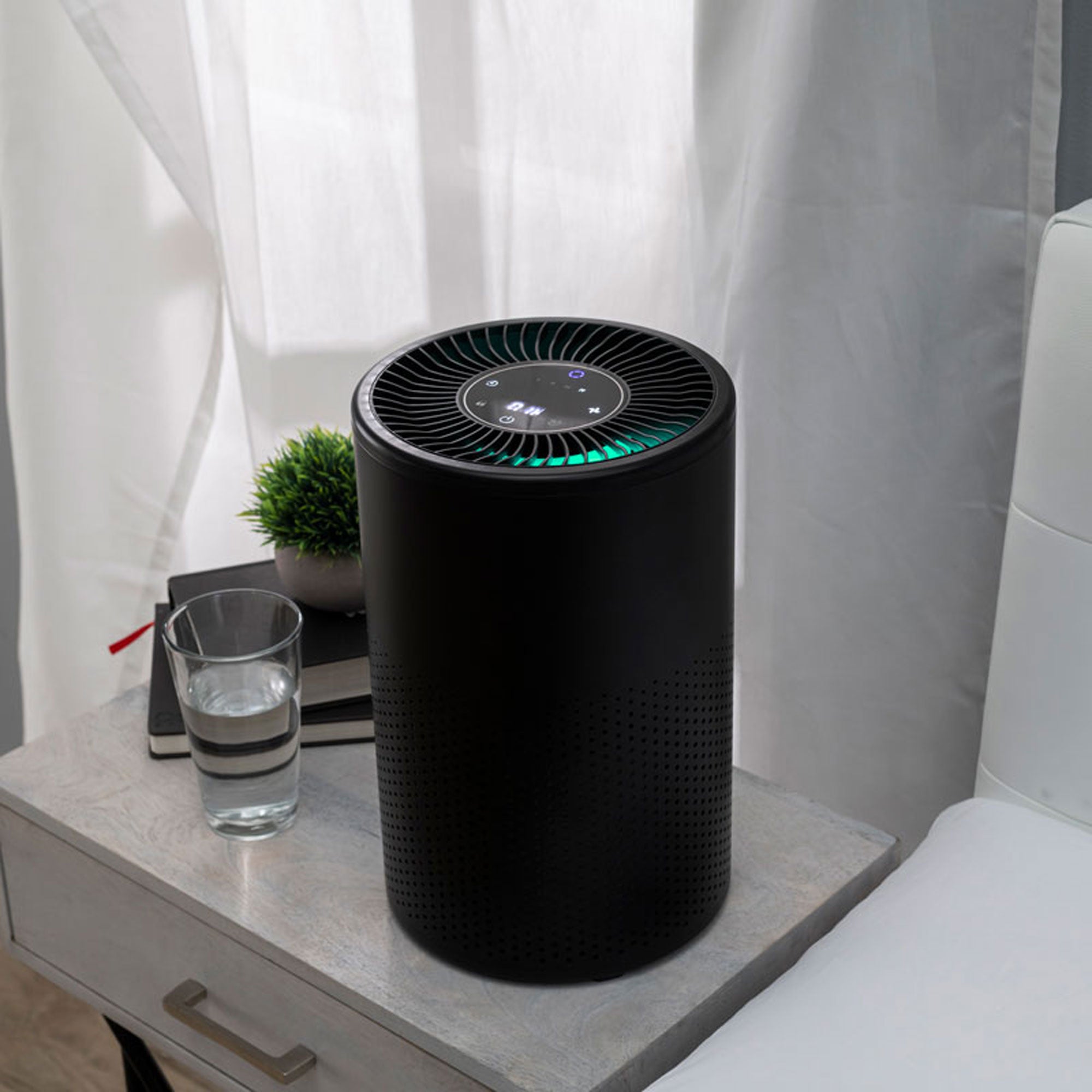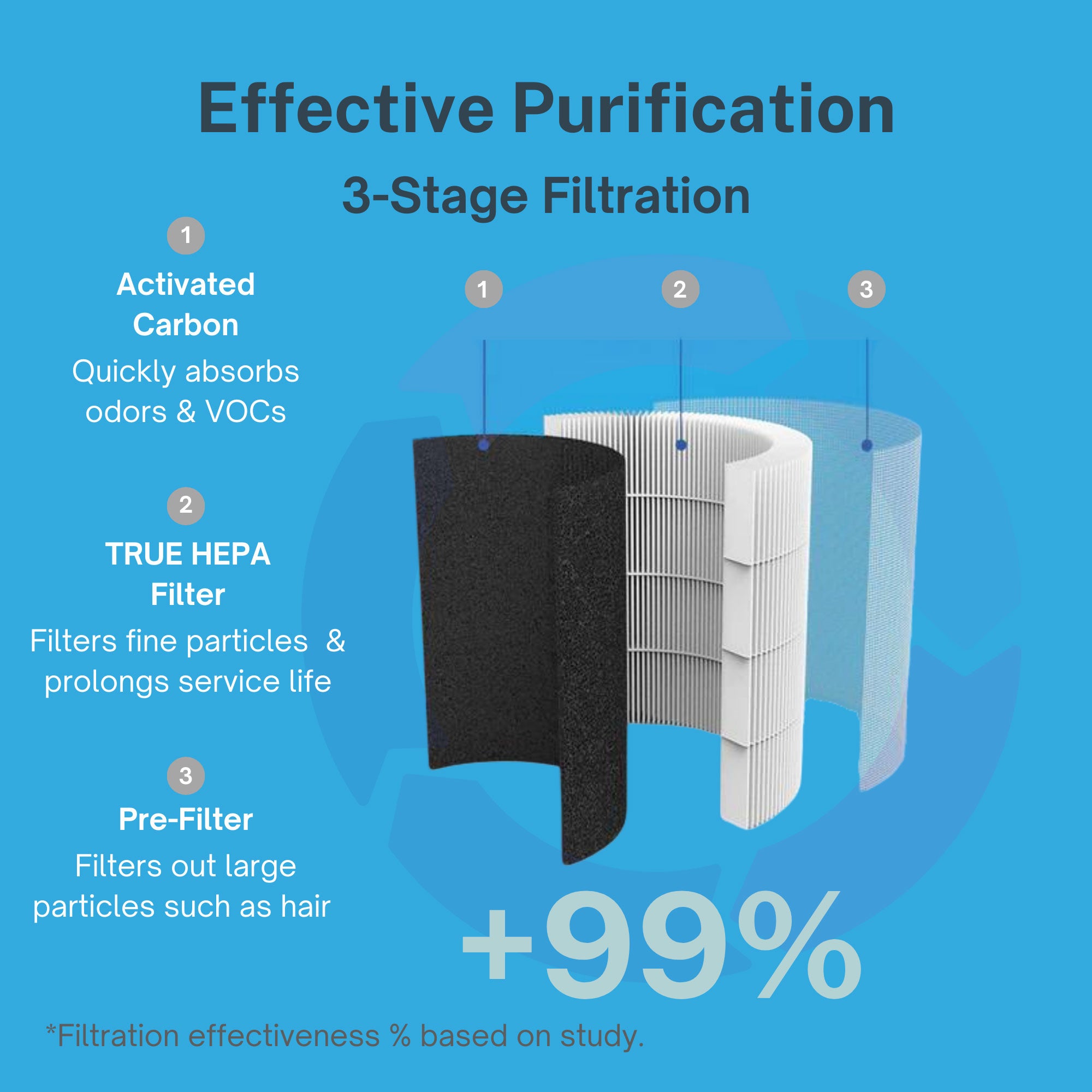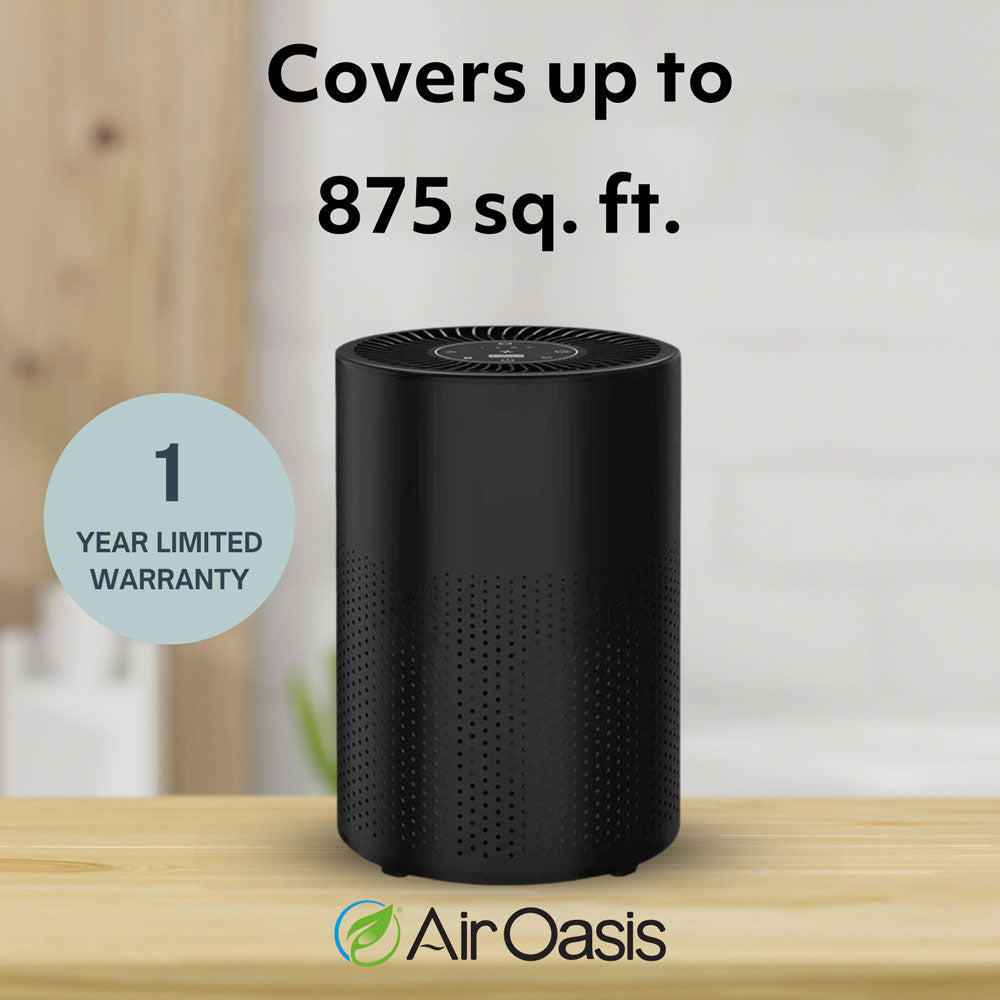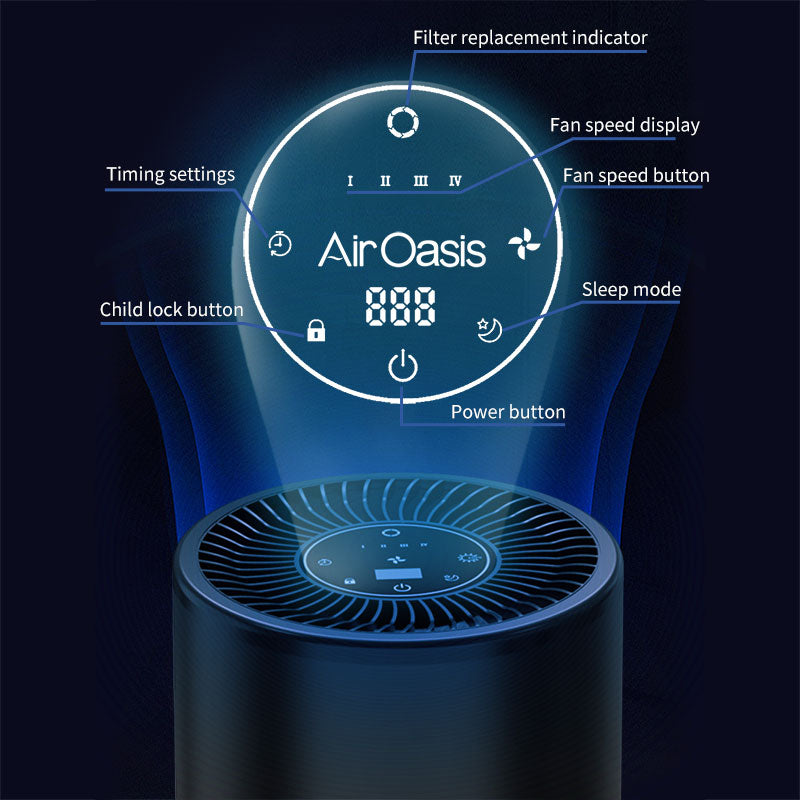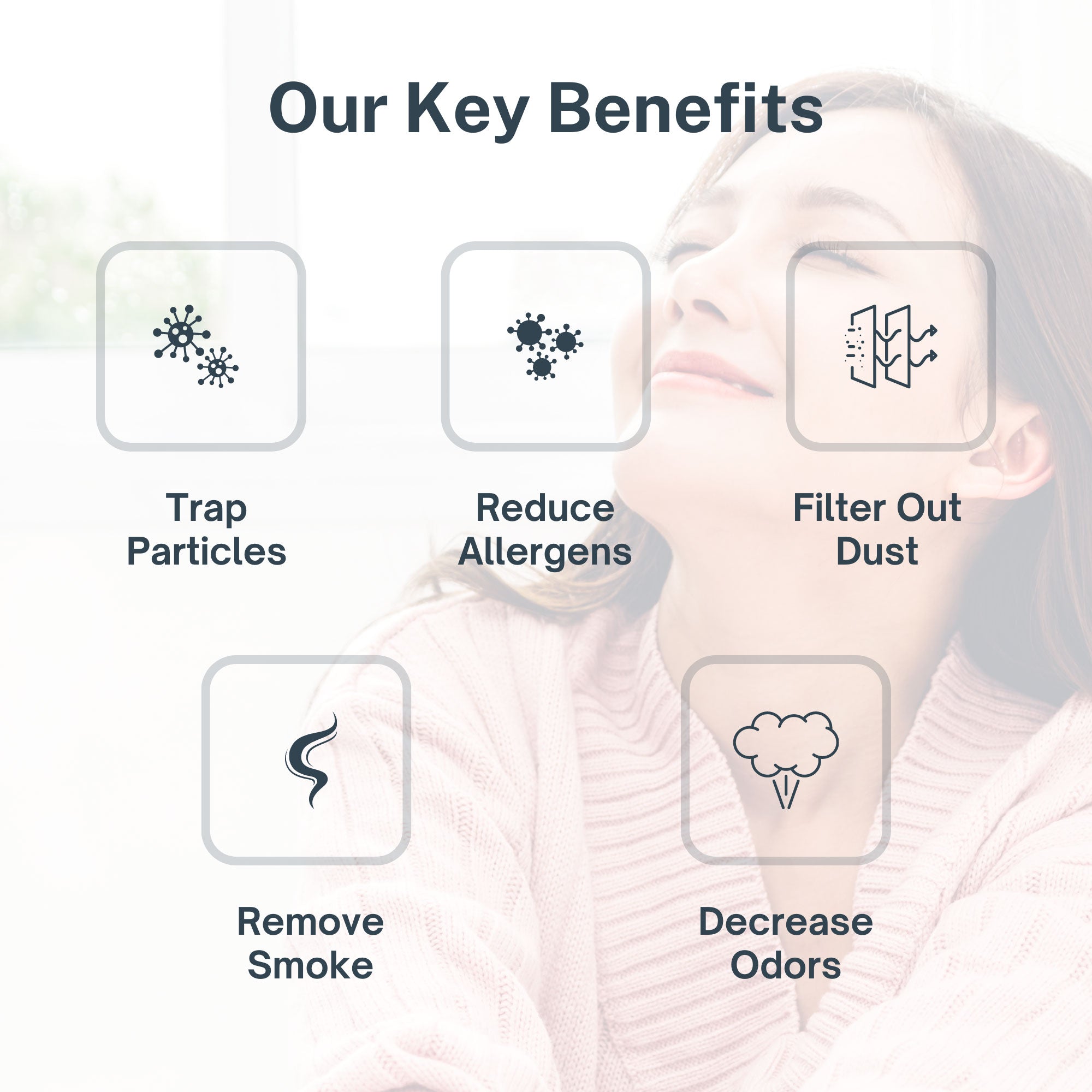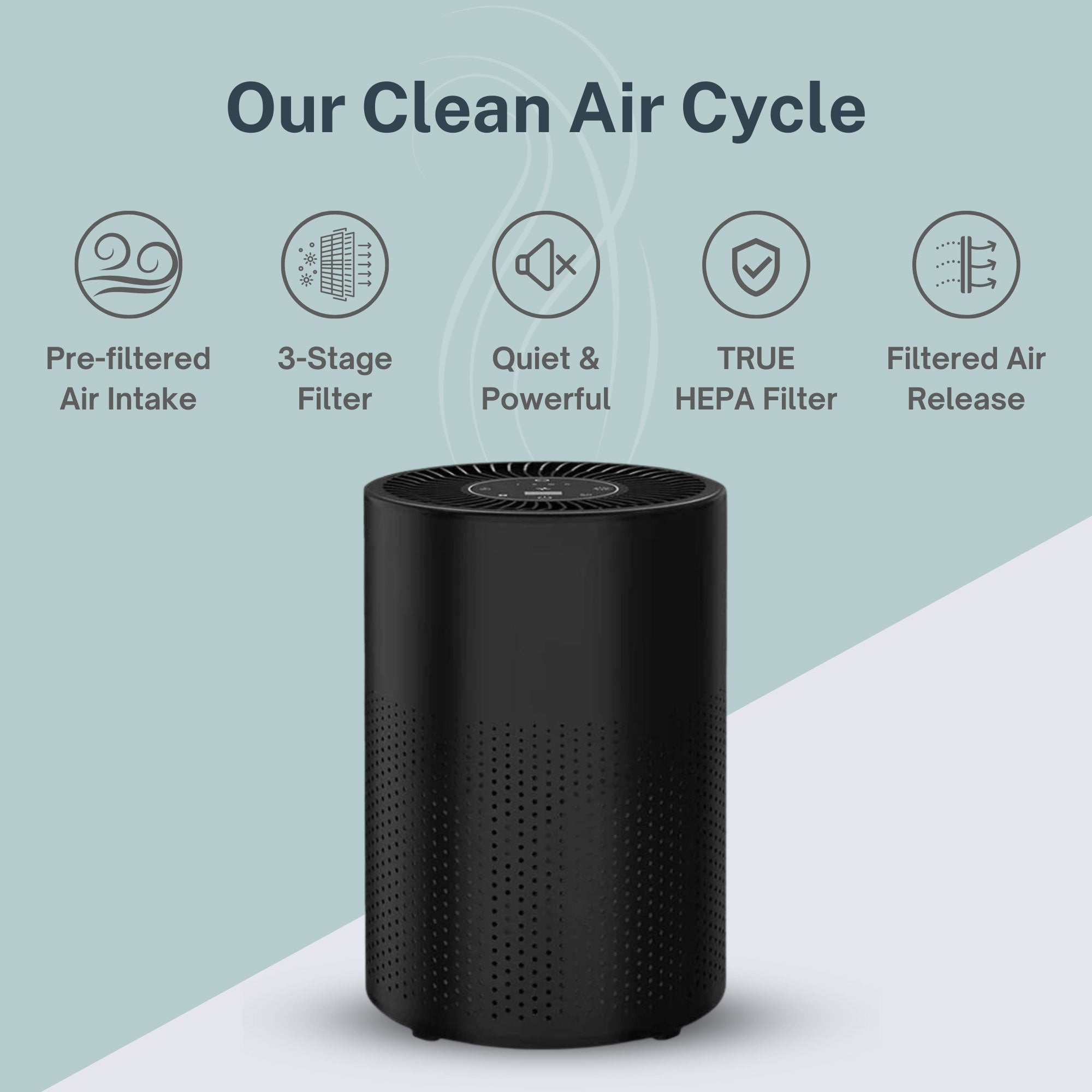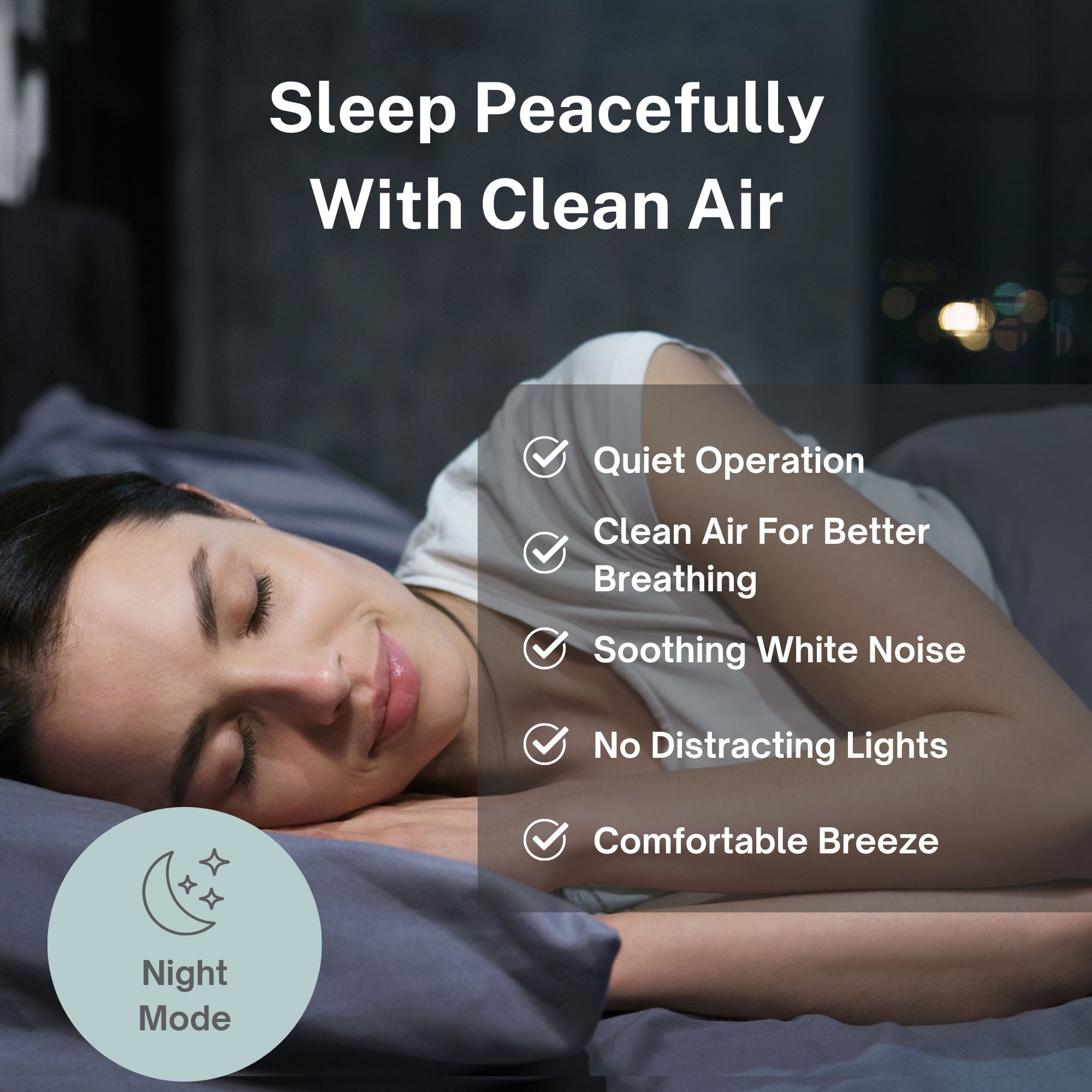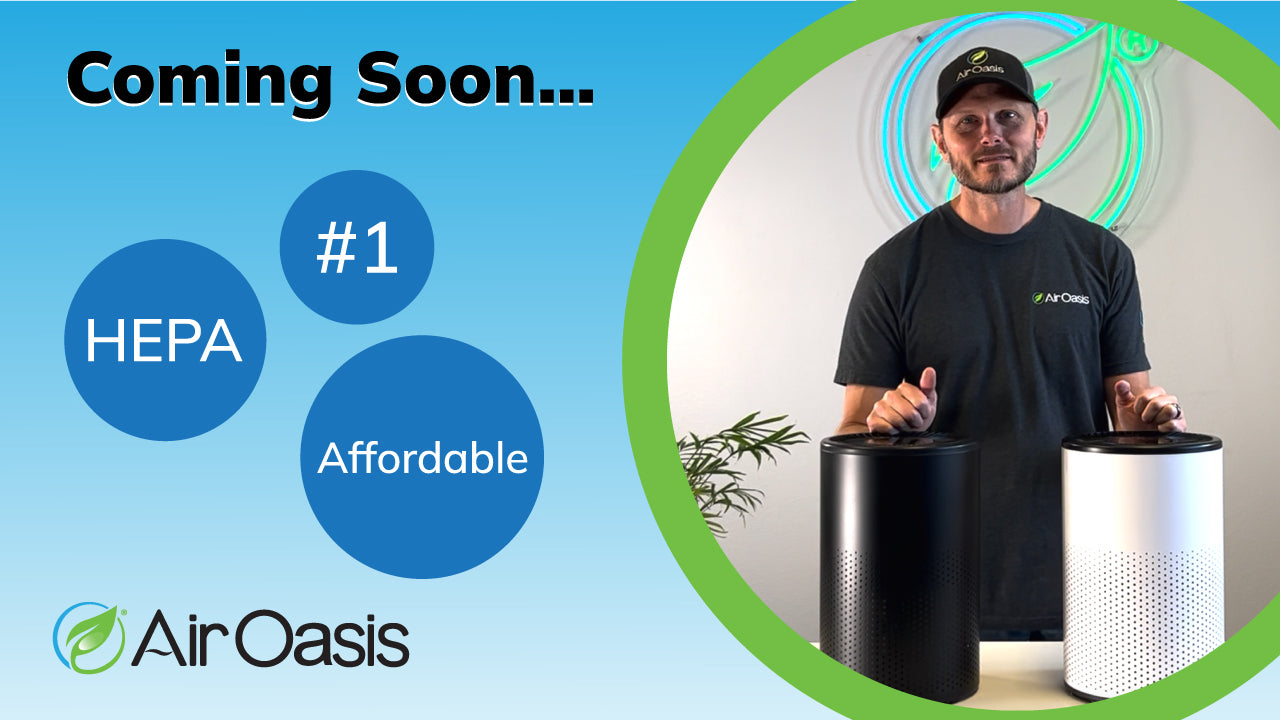New parents have countless worries, but air quality might not be at the top of your list. Recent research shows it should be. Babies are extremely vulnerable to air pollution from the moment they're born, and poor air quality can affect their health for years to come. Understanding how air pollution impacts your newborn helps you make informed decisions about protecting your baby's health right from the start.
Babies breathe faster and take in more air relative to their tiny body size compared to adults. Their lungs, brains, and other organs are still developing, making them much more sensitive to harmful particles and gases in the air. What might barely affect a healthy adult can seriously impact a newborn's developing systems.
Why Babies Are More Vulnerable Than Adults
Your baby's respiratory system isn't fully developed at birth. Their airways are smaller, their lungs are still growing, and their immune systems are just beginning to strengthen. This means pollutants that adults can handle easily can overwhelm a baby's developing defenses.
Babies also breathe much faster than adults—sometimes twice as fast. This means they're taking in more air and potentially more pollutants every minute of every day. Since newborns spend most of their time sleeping and can't tell you when they're uncomfortable, harmful air quality often goes unnoticed until symptoms develop.
The research shows that air pollution affects babies in two main ways: through mom's exposure during pregnancy and through direct exposure after birth. During pregnancy, pollutants can cross the placenta and affect your baby's development. After birth, your baby breathes in whatever's in your home's air, making indoor air quality crucial for their health.
Tiny particles in the air can actually reach your baby's brain and other organs, potentially causing problems with development that might not show up until later in childhood.
Common Health Problems from Poor Air Quality
Poor air quality can cause both immediate and long-term health problems for newborns. In the short term, babies exposed to polluted air may experience more respiratory infections, breathing difficulties, and increased fussiness due to discomfort.
Respiratory problems are the most obvious concern. Babies exposed to poor air quality have higher rates of bronchiolitis, pneumonia, and other lung infections. They may wheeze more, cough frequently, or have trouble breathing during sleep. These early respiratory problems can lead to asthma and other chronic conditions as your child grows.
Less obvious but equally important are the effects on brain development. Research shows that air pollution can interfere with normal brain development, potentially affecting your baby's cognitive development, attention span, and learning abilities later in childhood. Early exposure has been linked to behavioral problems and developmental delays.
Even your baby's growth and weight gain can be affected by air quality. Babies exposed to higher levels of air pollution may not grow as well or may gain weight abnormally, which can set the stage for health problems throughout childhood and into adulthood.
The Hidden Dangers in Your Home
Many parents focus on outdoor air pollution but don't realize that indoor air can actually be more polluted than outdoor air. Your home can trap pollutants from cooking, cleaning products, furniture, carpets, and outdoor air that seeps inside.
Common indoor air problems include particles from cooking and candles, chemical fumes from cleaning products and new furniture, mold spores from moisture problems, and outdoor pollution that gets inside through normal ventilation. Pet dander, dust, and volatile organic compounds (VOCs) from everyday household items all contribute to poor indoor air quality.
The problem is that babies spend almost all their time indoors, especially during their first few months. If your indoor air quality is poor, your baby is constantly exposed to these pollutants with no relief. Regular house cleaning helps but can't remove the microscopic particles and gases that pose the biggest health risks.
Opening windows for fresh air sometimes helps, but it can also bring in outdoor pollution, pollen, and other allergens. During wildfire season, high smog days, or in areas with heavy traffic, outdoor air might be worse than indoor air.
Creating a Safe Indoor Environment for Your Baby
The good news is that you can control your baby's air quality at home. Start with the basics: avoid smoking indoors, use natural cleaning products when possible, ensure good ventilation in bathrooms and kitchens, and address any moisture problems that could lead to mold growth.
Choose low-VOC paints and furniture for your baby's nursery. Wash new clothes, blankets, and stuffed animals before use. Keep your home clean, but avoid aerosol sprays and strong chemical cleaners, especially in areas where your baby spends time.
However, these basic steps aren't enough to remove the microscopic particles and gases that pose the biggest health risks to newborns. Professional-grade air purification becomes essential for creating the consistently clean air your baby needs during this critical developmental period.
Look for air purification systems that can remove both particles and gases, since babies are vulnerable to both types of pollutants. The most effective systems use multiple technologies to capture the full range of pollutants that can harm newborn health.
When to Be Extra Careful
Certain situations require extra attention to air quality for your newborn. If your baby was born prematurely, they're even more sensitive to air pollution than full-term babies. Premature babies' lungs and other organs are less developed, making them more vulnerable to harm from pollutants.
During wildfire season, high pollution days, or when there's construction nearby, indoor air quality becomes even more important. These events can significantly increase the amount of harmful particles in the air both outside and inside your home.
If anyone in your family has asthma, allergies, or other respiratory conditions, your baby may be more likely to develop similar sensitivities. Creating clean indoor air helps protect your baby from developing these conditions.
New parents who live in urban areas, near busy roads, or in areas with industrial activity should pay special attention to air quality since outdoor pollution levels are typically higher in these locations and can affect indoor air quality.
Long-Term Benefits of Clean Air
Protecting your baby's air quality isn't just about preventing immediate problems—it's an investment in their long-term health. The research shows that babies who breathe cleaner air during their first year have better lung function as they grow, fewer respiratory infections throughout childhood, and better cognitive development.
Early protection from air pollution may also reduce your child's risk of developing asthma, allergies, and other chronic conditions. Since the effects of early air pollution exposure can last throughout childhood and into adulthood, creating clean air for your newborn provides benefits that last a lifetime.
Good air quality also means better sleep for everyone in your family. Babies breathe easier and sleep more soundly in clean air, which means more rest for parents too. Less irritation from poor air quality can also mean less fussiness and crying.
Take Action Now to Protect Your Baby
Your newborn's health depends on the air they breathe every day. While you can't control outdoor air pollution, you can create a safe, clean environment inside your home where your baby spends almost all their time during those crucial early months.
Don't wait for symptoms to develop before taking action. The research clearly shows that air pollution can affect your baby's development even when there are no obvious signs of problems. Early protection provides the best outcomes for your child's long-term health.
Simple changes help, but comprehensive air purification provides the level of protection your newborn needs during this critical developmental period. Investing in your baby's air quality is investing in their future health, development, and well-being.
Give your baby the healthiest possible start in life with clean, pure air from their very first breath. Your newborn deserves the best protection during this precious and vulnerable time.
